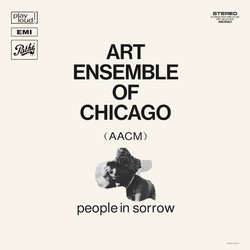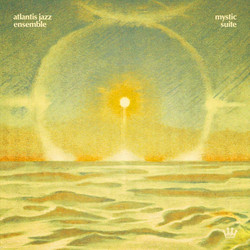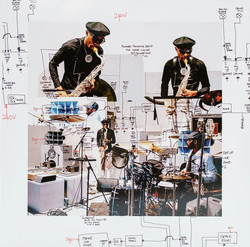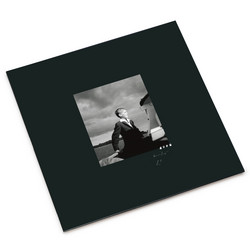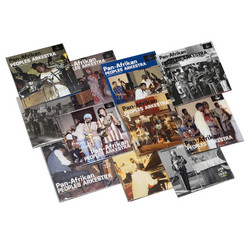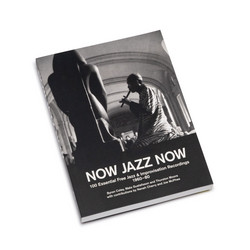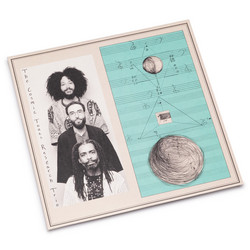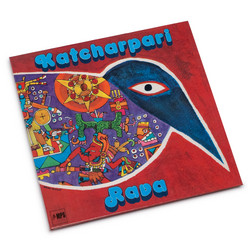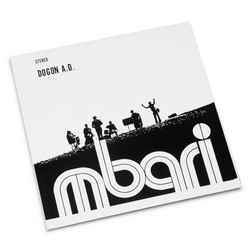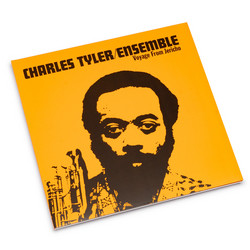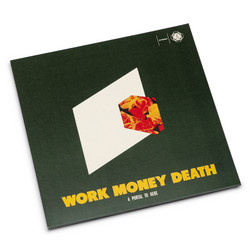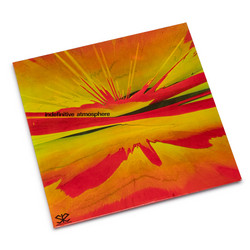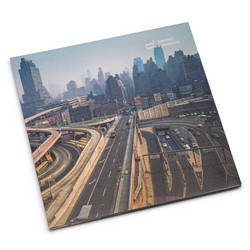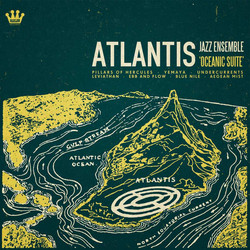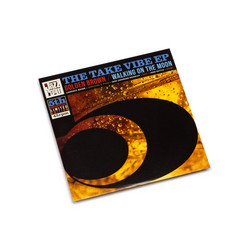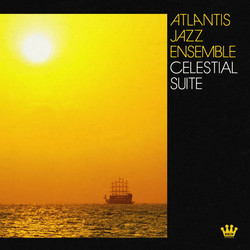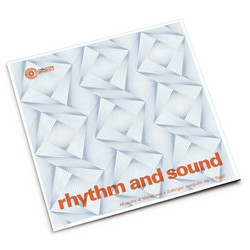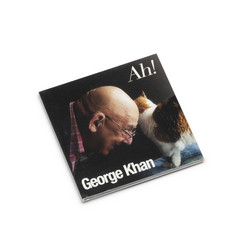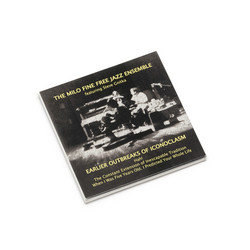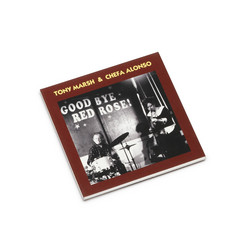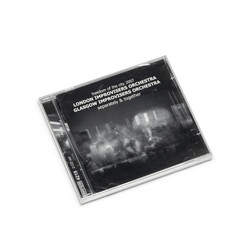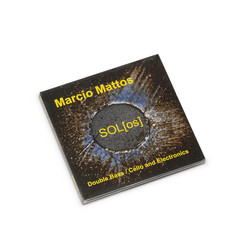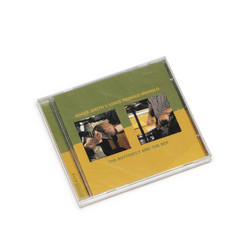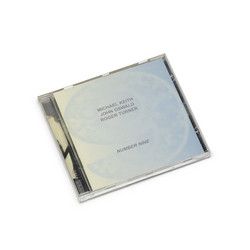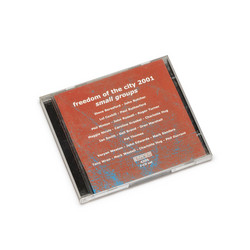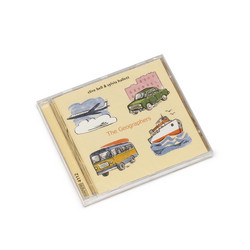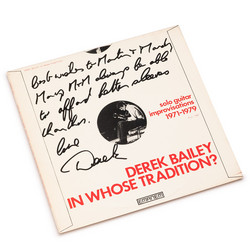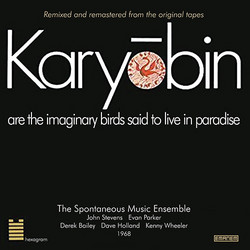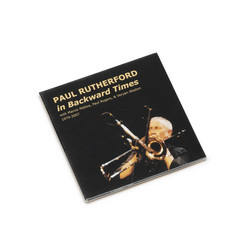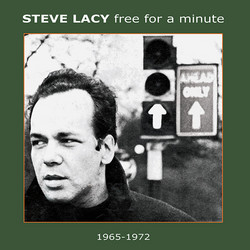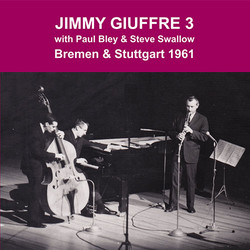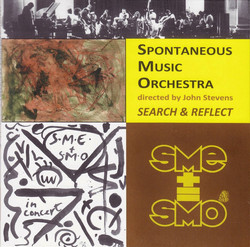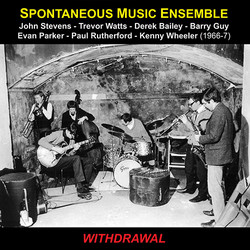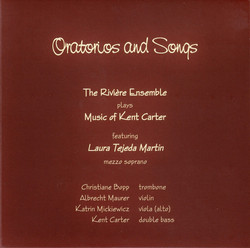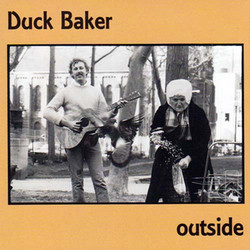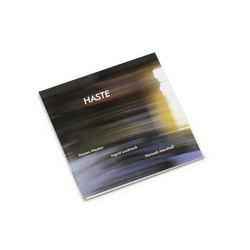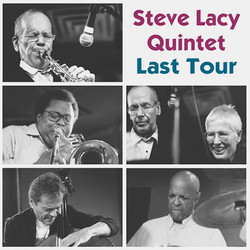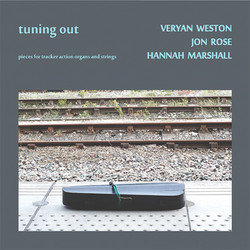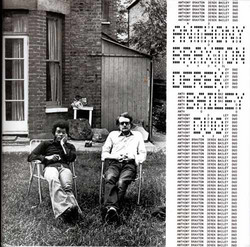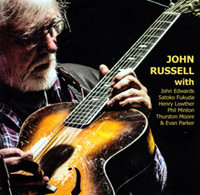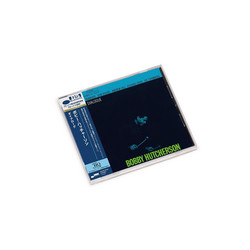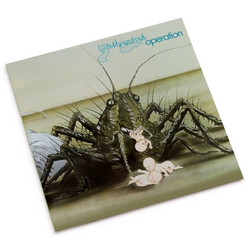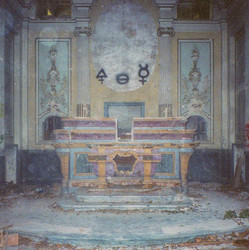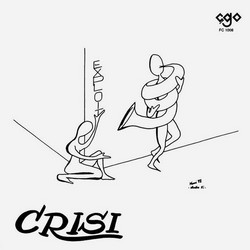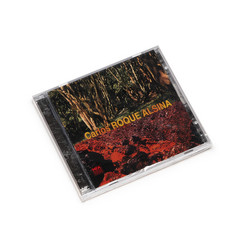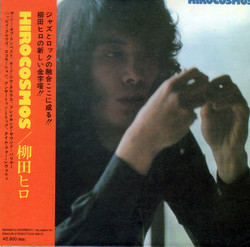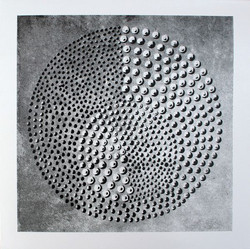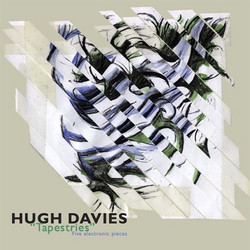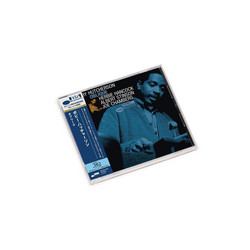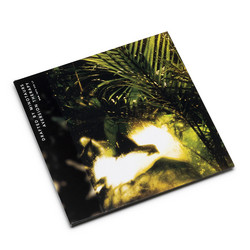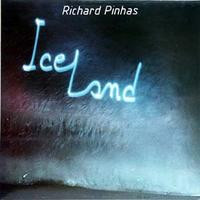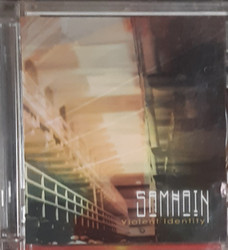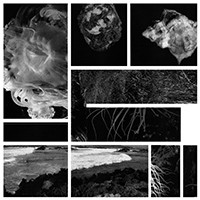"In 1983, Paul Rutherford was performing with a trio that was very different in style from the highly abstract Iskra 1903, the trombonist's main trio vehicle for a long time. This group, billed simply as the Paul Rutherford Trio, is busier, wilder, more energy driven and free jazz-oriented. Joining him are two players that were new to the free improve scene at the time. Bassist Paul Rogers was a young cat, although this recording doesn't let it show. He already displays an impressive musical vocabulary, especially in his arco playing. His pizzicato still features a strong jazz influence, something that works well with Nigel Morris' drumming. Best known for his tenure in the Canterbury-related jazz-rock group Isotope, Morris had been doing free improv work on the side, following John Stevens' workshops and playing with Keith Tippett, among others. This is a too rare surviving example of his freeform drumming. Talkative but surprisingly quiet, he sounds like a free jazz drummer (Rashied Ali comes to mind) who deliberately plays soft (but just as frantically) in order to listen to what goes on between the other players. Rutherford hardly ever had an off year and 1983 certainly wasn't one. This recording finds him stretching toward jazz licks without ever crossing that line, instead integrating his fragmented phrasing and amazing sounds to the free jazz pulse, all the while displaying bottomless creativity. The live set is more energetic and relentless (GHEIM 2 is particularly powerful), while the studio set is closer to the kind of European Free Improvisation you would expect from Rutherford, as he explores dynamics more extensively while Rogers relies more on the bow. It¹s a shame this trio didn¹t carry on longer (and that Morris faded out)." (Germein Linares, All About Jazz, 2005)

